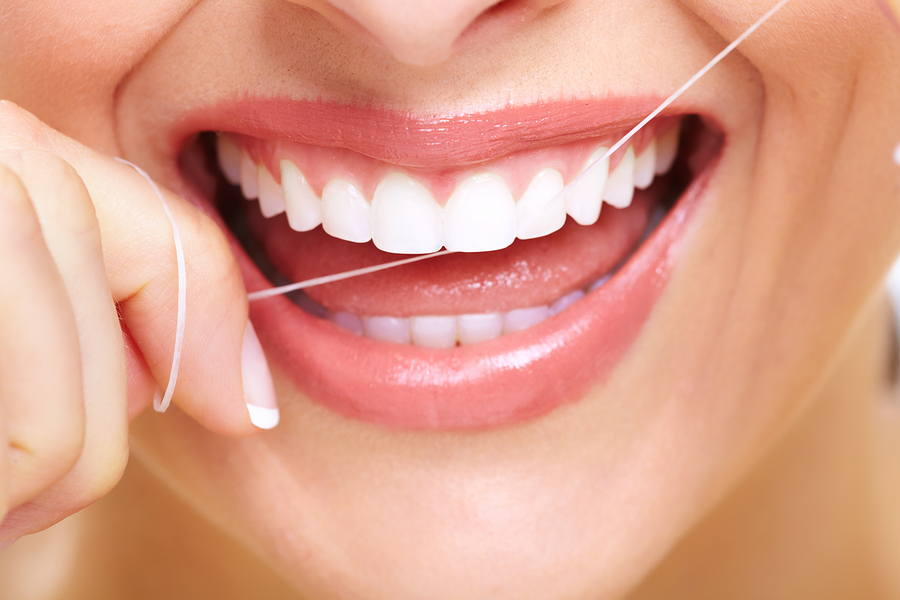We certainly know the importance of proper oral hygiene at Island Dental Associates, but do you know just the best way to care for your teeth? While many think that simply brushing twice a day is enough to keep oral hygiene on the up and up, there is quite a bit more you can do in order to avoid tooth decay, gum disease, and a myriad of other problems that can occur in the mouth. Due to the temperature and moisture level of the mouth, it’s a perfect breeding ground for all types of harmful bacteria, and making sure to take on the proper regular oral hygiene routine is key to making sure your mouth remains happy and healthy!
The first step to a good oral hygiene routine is regular brushing, and this is a no-brainer practiced by many. However, do you know just how long to brush and what types of toothpastes are best? A good rule of thumb to follow is to brush with an extra soft bristled brush, as to not scratch the enamel of the teeth, and to use a toothpaste with fluoride to ensure cavity prevention. In terms of how long to brush, the standard length is between 2 and 3 minutes for a complete brushing experience.
The next step is flossing, and this helps to get rid of the plaque and buildup that occurs between the teeth. Even the best toothbrushes may not be able to get every nook and cranny within the mouth, so this is where floss comes in to ensure all food and plaque particles are sufficiently swept away. When flossing, it’s always best to go gently on the teeth and gums, while also paying close attention to ensure each tooth has been flossed. You may be surprised by where food gets stuck, and a thorough flossing either twice a day or after each meal can really help to make your mouth feel much cleaner!
The last step is mouthwash, and this can help you to lessen the bacteria present in the mouth for a cleaner, fresher, and healthier feel. There are various mouthwashes on the market today that offer complete protection, as well as those which address certain oral care problems, but using any chosen type will offer you a great level of freshness and clean when used after brushing and flossing!
For those with specific oral health concerns or oral health diseases, certain steps in an oral hygiene routine may need to be modified or incorporated to ensure the problem is controlled or eliminated. When crafting your oral hygiene plan, it is always best to consult your dentist so you can rest assured you’re doing all you can to keep your mouth healthy!




